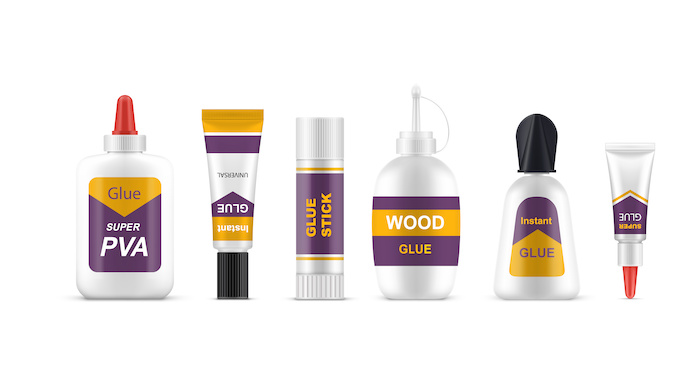
You may have heard of polyvinyl alcohol (PVA) before. Well, it’s quite a popular synthetic polymer used in various industries. Its versatile characteristic makes it the go-to material in many applications.
Notably, manufacturing and construction use it significantly more. You can find many PVA suppliers in these two industries. From adhesives to textile finishings, PVA benefits manufacturing and construction in various ways. The list below is among the few uses of PVA in the manufacturing and construction sectors.
1. As An Adhesive
Paper, wood, and construction industries often use PVA because of its strong bonding properties. You can find it in use when joining various materials together. If you use PVA, you can expect a stronger, more durable bond that can withstand different conditions.
Because of its water-soluble property, you can find PVA in use where an adhesive may need cleaning up after use. It easily dissolves in water. Thus, you can clean your project area quickly and make it look less messy.
2. In Cement And Concrete Mixes
The construction sector might be one of the significant beneficiaries of PVA. You need your structures to be strong and to last longer. Adding PVA to cement and concrete mixers helps create a strong bond between particles. As a result, your product can enhance your building’s strength or similar projects like roads or concrete columns.
In addition, PVA also has waterproofing capabilities. Therefore, you can often find it in use as a waterproofing agent. Construction projects, especially where there’s a high risk of water damage, benefit significantly from PVA. Therefore, you may often find construction projects near water bodies using PVA more frequently.
3. In Textile Finishing
The textile industry mainly uses PVA as a crucial textile finishing agent. When you use PVA in textiles, it helps improve the strength and durability of your fabrics. It creates a barrier that protects the material from wear and tear, thus helping extend your product’s lifespan. You can find PVA, especially in heavy-use fabrics like the upholstery industries.
In addition, you can also find PVA in natural fibers like cotton and synthetic ones like polyester. That’s the versatility of the PVA; it can work on both natural and synthetic materials. In short, the textile industry relies on PVA to enhance the strength and durability of fabrics and their versatility in different materials.
4. In Papermaking
The paper industries often use PVA as a binder. It helps enhance the final product’s strength and durability. You can find PVA mainly in sectors where the paper is subject to heavy use, such as the printing or packaging sectors.
During the papermaking process, PVA addition helps create strong bonds between fibers. For this reason, manufacturers can produce paper that can withstand more wear and tear. Thus, you can find that a paper product with PVA has a longer lifespan and better performance.
5. In Water-Soluble Films
As a water-soluble element, PVA is significantly useful where the film needs cleaning removal quickly. You can find PVA in food packaging, agricultural films, and laundry detergent pods.
Besides, PVA is environmentally friendly as it’s biodegradable and can dissolve in water. Thus, it’s a more sustainable option compared with conventional plastic films. This means you can find PVA in most films instead of plastic films.
6. In Ceramics
Ceramic products can be very fragile. However, adding PVA to the ceramic-making process helps achieve a stronger commodity. Thus, you can find ceramic products like tiles and pottery that withstand heavy use and frequent wear and tear. This quality is due to the PVA ingredient in its production. Overall, PVA helps the ceramic industries produce products for sectors needing durable ceramic products.
7. Use In Personal Care Products
Each person prefers a different kind of personal care product. You can go for a thicker shampoo, while another person can opt for a thinner one. Care product manufacturers add PVA as a thickening agent. This addition helps them attain the viscosity and consistency of their preference. As a result, you can get a product that’s easier to use.
Also, PVA is beneficial for products you need to apply to specific areas. Hence, you can find PVA’s use as a gel-thickener, film-forming, and binding agent. Such products as lotions, conditioners, shampoos, and peel-off masks can contain PVA.
8. In Printing
Various manufacturing and construction sectors also use PVA as a printing medium. You can apply PVA on a printing surface to help hold the ink well. In so doing, the ink doesn’t smear or smudge easily. This can result in high-quality, crisp, clear, and legible prints.
Moreover, PVA can be handy where high-quality printing is a top priority, like the packaging or label-making sectors. It also dries up quickly.
Conclusion
In closing, PVA’s range of use in the manufacturing and construction industries is wide. You can find it in your everyday life. Such uses as adhesive, personal care products, and ceramics, among others, make it one of the most versatile materials. The use of PVA is also due to its strong and sustainable properties.
